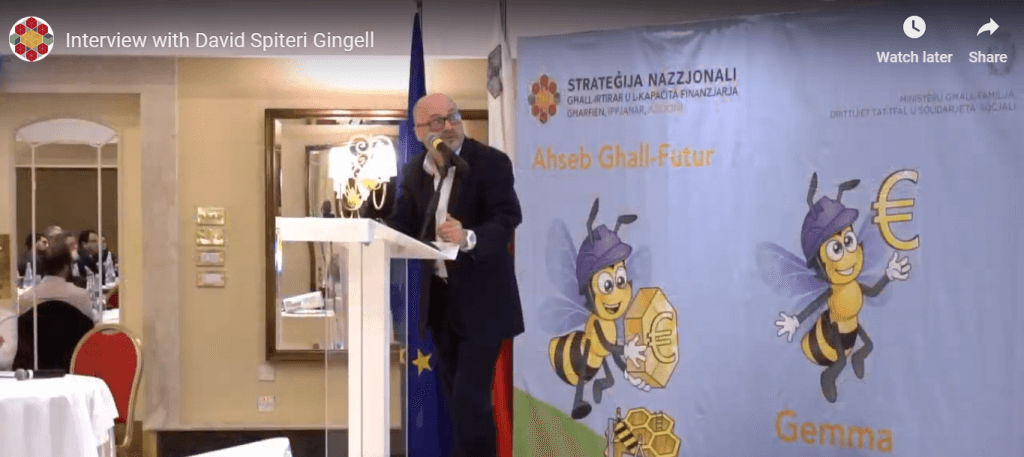
What has been the effect of these reforms?
Spiteri Gingell describes the impact of initiatives to encourage people to work beyond their retirement age as “pervasive”, saying that this figure had risen from the hundreds to nearly 10,000.
He says that there were also incredibly rapid rates – so rapid that it surprised even him – in female participation, from 28 per cent in 2004 to around 55 per cent today.
Immigration has also increased at a faster than expected rate, to the point that 16 per cent of Malta’s workforce is now foreign. This does strengthen the pension baseline, Spiteri Gingell explains, namely due to third country nationals. To qualify for a pension, these third country nationals must – like any local – have 12 years of contributions – ie work for 12 years.

The possibility is, however, that many of these foreigners will not spend a full 12 years on the island, meaning that a surplus will accrue, he continues. Spiteri Gingell notes that it cannot be said that these people who do not benefit from a Retirement in Malta are cheated to fund the system: after all, they are eligible for free medical care during their stay in Malta. “There is no discrimination, but the likelihood is simply that a lot of people will be transient”, he says.

All in all, this has meant that the revenue that is being earned from National Insurance or social security contributions has increased significantly – by around 30 to 35 per cent. The question is, however, is this sustainable? Spiteri Gingell says that what is certain is that the system is much stronger than it was in 2004, possibly even stronger than it has ever been before, but he will not be drawn on speculating whether or not it will be sustainable in the long-term.
He explains that he was, in fact, one of the people who had strongly advocated not planning for 50 years into the future, saying that it was much too difficult to ascertain what could happen by then. Instead, he had argued that, every five years, the Pensions Working Group should take stock of Retirement in Malta, identify what had worked and what had not, look at the reasons behind that and then take a holistic approach and fine-tune things from there.


